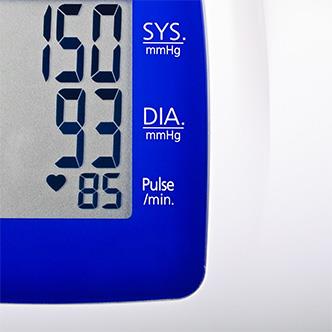
Until recently, guidelines recommended that patients with heart disease, kidney disease, diabetes or a history of stroke achieve blood pressure levels of 130/85 mmHg. Having high blood pressure significantly increases risk for heart events. Tight blood pressure control is key to preventing heart events, especially for those with increased cardiovascular risk.
However, some studies found that tighter blood pressure control provides little or no benefit for high risk patients. In response, guidelines have since reversed previous recommendations, raising target blood pressure levels to 140/90 mmHg in high risk populations. Additionally, some guidelines further raised target blood pressure levels to 150/90 mmHg in adults over 60. But there’s still disagreement over the risks and benefits of tight blood pressure control in these populations.
To help settle the debate, a recent study published in The Lancet analyzed past trials that compared intensive versus less intensive blood pressure-lowering treatments. Researchers analyzed 19 trials. Nearly 45,000 patients were included in these studies and were followed for an average of 3.8 years.
Overall, researchers found that patients with intensive treatment had an average blood pressure of 133/76 mmHg, compared to 140/81 mmHg in the less intensive treatment group. Patients in the intensive treatment group had 13% lower risk for heart attack and 22% lower risk for stroke.
Authors also note that strict blood pressure control had clear benefits across the board. The greatest benefits were seen in patients at highest risk for heart events, such as those with heart disease, kidney disease and diabetes. The risk of complications was similar in both treatment groups.
Unfortunately, it’s unlikely that findings will solve the dispute over tight blood pressure control. However, authors hope their study prompts future research on the issue. While findings confirm the benefits of intensive blood pressure-lowering treatment, more evidence is needed to refine current blood pressure guidelines.